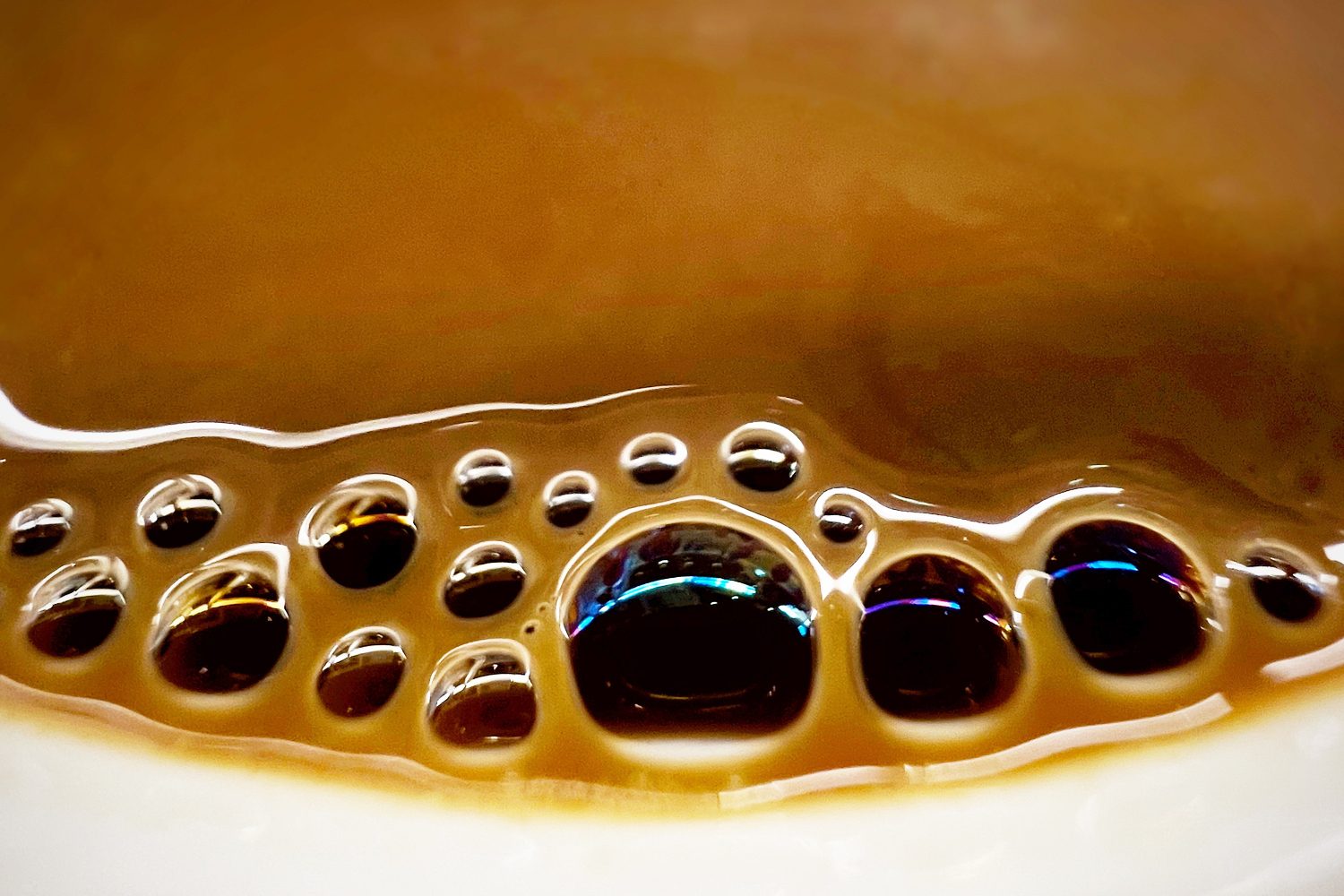Harvard and Tulane health researchers say there's a potential marked difference in lifespan for morning versus all-day coffee drinkers.

New Study: Coffee at This Hour Could Lower Heart Disease Risk and Help You Live Longer

That caffeinated morning pick-you-up has another healthy perk, and this one could rev your motor into older age.
The Mayo Clinic is one organization that’s listed the many ways regularly pouring yourself a cup of joe could provide protection against heart disease, stroke, Parkinson’s disease, Type 2 diabetes, liver problems, certain types of cancer, and more. Now, a new study has added an important caveat, suggesting when you drink your daily brew can affect its impact on wellness and longevity.
The study, published in the European Heart Journal on January 8, looked at data on the health and habits of 40,725 adults from the National Health and Nutrition Examination Survey 1999 – 2018 and 1,463 adults from the Women’s and Men’s Lifestyle Validation Study. A team of 10 researchers from Tulane and Harvard Universities sorted data on the participants’ coffee drinking habits, including what time of day they had their coffee and how much they consumed.
They noted that 36% of participants limited their coffee consumption to the morning hours, while 14% consumed coffee all day. Another 48% did not consume any coffee at all.
After adjusting for caffeinated versus decaf consumption, the researchers found that “the morning-type pattern, rather than the all-day-type pattern, was significantly associated with lower risks of all-cause and cardiovascular disease-specific mortality as compared with non-coffee drinking,” the researchers wrote of their findings.
In fact, the team found that compared with people who abstained from coffee, morning coffee drinkers were 16% less likely to die of any cause and 31% less likely to die of heart-related disease. Those who drank coffee all day saw no risk reduction compared to non-coffee drinkers.
Curious to know whether limiting one’s total coffee intake was the cause for that risk reduction, the researchers then separated the data by the amount of coffee consumed. Those who had just one cup of coffee seemed to see the lowest level of benefit, while people who drank two to three cups of coffee per day showed greater effects on average
“This is the first study testing coffee drinking timing patterns and health outcomes,” said the study’s lead author, Dr Lu Qi, HCA Regents Distinguished Chair and Professor at the Celia Scott Weatherhead School of Public Health and Tropical Medicine at Tulane University, via press release. “Our findings indicate that it’s not just whether you drink coffee or how much you drink, but the time of day when you drink coffee that’s important. We don’t typically give advice about timing in our dietary guidance, but perhaps we should be thinking about this in the future,” he added.
So, as you pour your next morning coffee, you might consider it a virtue as much as a vice (just remember that more than one cup could trigger a call from your bladder). Unless you are pregnant, sensitive to caffeine, or have been advised by a doctor to skip it for any reason, the benefits of your morning brew have potential to outweigh the risks.
For daily wellness updates, subscribe to The Healthy by Reader’s Digest newsletter and follow The Healthy on Facebook and Instagram. Keep reading:




















